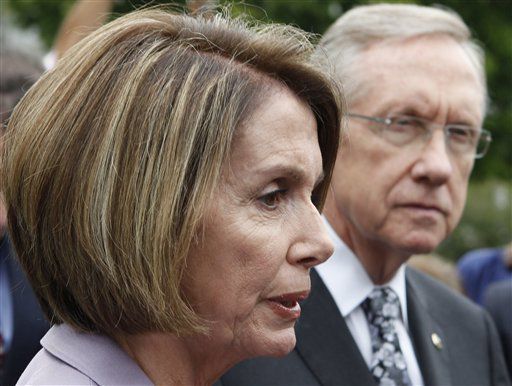CU regent soft-pedals social media’s threat to kids | IN RESPONSE

Anna Segur
University of Colorado Regent Wanda James’s recent op-ed claims Senate Bill 24-158 — Colorado’s proposed social-media legislation to protect kids from purchasing illegal drugs and curb sex trafficking of minors — infringes on the rights of marijuana businesses and inhibits technological innovation.
I was appalled by this distortion and misrepresentation of reasonable legislation to protect Colorado’s youth from the dangerous and predatory practices of social media platforms. I found it even more disturbing a University of Colorado regent would advocate against a bill meant to protect young people from dying from dangerous, illicit drugs like fentanyl. Considering the number of CU Boulder students who have died from fentanyl poisoning in the past several years, this strikes me as particularly tone deaf and out-of-touch.
As a mother raising children in Boulder, where my family has lived since 1989, I have personally seen how social media harms children. When one of my sons was a sophomore in high school, he used social media and Telegram, an encrypted messaging app, which he downloaded to his phone without my knowledge or consent, to buy drugs. He overdosed and ended up in the hospital. Two of his friends have died from overdoses in the past year. We are lucky he is alive, but he continues to struggle with addiction to this day.
Stay up to speed: Sign up for daily opinion in your inbox Monday-Friday
In support groups for parents of children struggling with addictions, I have heard countless horror stories of the daily harms inflicted on children by social media companies that profit off of keeping children unhappy, insecure and engaged in dangerous behaviors. From experiences with adult pedophiles sex-trafficking 13-year-olds they lured on Snapchat, to young girls who learned about cutting on Instagram and now can’t bear to look at their bodies full of scars, to teens who so easily connect with drug dealers to have illicit substances delivered right to their homes, the list goes on and on. Imagine if this was your child? We don’t have to imagine, we live with it every day.
We wouldn’t send our children to play with drug dealers and pedophiles in person, why should we allow this to happen online?
Social media platforms have been allowed to evolve without safeguards and our children are paying the price. U.S. government officials across both political parties agree social media is harmful to children’s and teenagers’ self-esteem and mental health. For this reason, social media companies, like any other harmful product, should require age verification of users to minimize harm they can inflict on vulnerable groups like children. The proposed age verification measures have already been successfully implemented for other harmful industries like online gambling to ensure protection of vulnerable populations.
The proposed legislation doesn’t affect the legal marijuana industry. The sponsors worked closely with industry leaders to ensure legal marijuana sales and legal advertising were not a target for the bill and neither would be impacted. This bill focuses on illegal sales of drugs in violation of state or federal law.
Time and again we’ve heard from legal marijuana business owners they want to stop illegal sales on the black market. Now that we have an opportunity to limit illegal sales opponents frame the bill as targeting legal cannabis businesses.
All drug sales to children are illegal sales — why would anyone be opposed to limiting drug sales to children? Under the proposed bill, the only people who stand to lose are people who want to use social media to sell drugs to kids.
It is our job as parents and Colorado citizens to protect our children as a vulnerable population and set them up for success, not allow companies to prey on them for profit. But we cannot do this without the support of lawmakers. By raising the age of protection from 13 to 18, requiring age verification, and permanent removal of users who violate policies on sale of illicit substances, promotion of sexually exploitative material or trafficking of minors, and firearm sales to young people who violate state or federal law, parents can control the predatory practices of social media companies, instead of these platforms controlling our kids.
James suggests this bill will limit Colorado’s pioneering spirit and innovation, so I ask her: why should we sacrifice our children’s well-being for the sake of digital innovation and the Colorado cannabis industry? I believe I can speak for the majority of parents with teenage children — there is nothing worth that sacrifice.
Anna Segur is a Boulder County parent.











